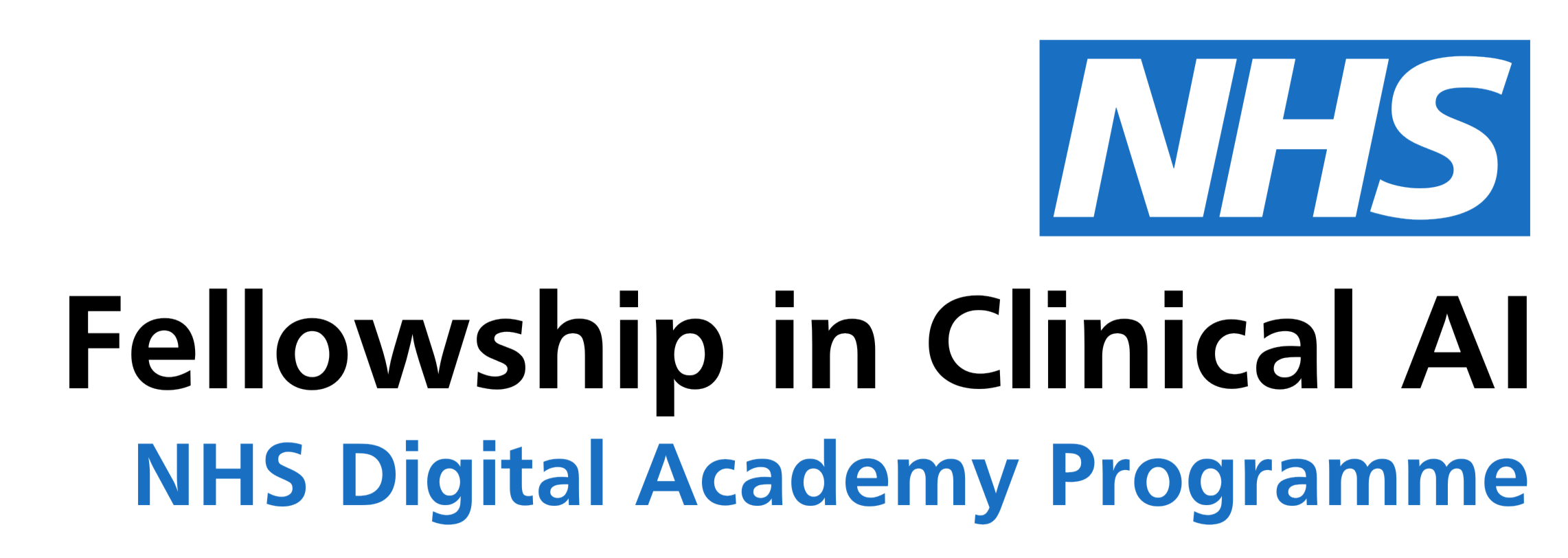
Timothy Ebsworth
Fellow in Clinical AI, Cohort 3
Fellowship Bio
Timothy Ebsworth is a Haematology Registrar with 11 years of NHS experience. Since graduating from the University of Cambridge in 2013, he has remained deeply curious about the world—whether understanding mechanisms of disease or unexpectedly discovering an Incan ceremonial site at 4,000m.
Fellowship Project
Benchmarking AI-Augmented Fibrosis Grading: an International, Multicentre Evaluation of a Real-World Cohort of 1,000 Bone Marrow Trephines
Oxford University Hospitals NHS Foundation Trust
This project focuses on a group of blood cancers called myeloproliferative neoplasms (MPNs), which are often difficult to diagnose because they share similar features and can change over time. A key part of diagnosis involves looking at bone marrow samples under a microscope to assess a type of tissue scarring called fibrosis. However, this process is subjective and therefore varies between doctors. Researchers in Oxford have developed an AI tool that can measure fibrosis in bone marrow samples more accurately and consistently than traditional methods. I coordinated a project that subjects an academic AI tool to evaluation by an international panel of experts, reviewing an extensive real-world cohort of bone marrow samples. Results are awaiting publication in a peer-reviewed journal. Meanwhile I have arranged adaptation of the clinical workflow at Oxford University Hospitals NHSFT to accomodate integration of the tool, initially as a prospective trial before later securing accreditation as a laboratory developed test.
Fellowship Testimonial
The NHS Fellowship in Clinical AI gave me hands-on insight into the convolutions of AI development and integration into NHS clinical workflows. I gained practical knowledge in AI validation, data governance, and the challenges of deploying AI tools in real-world healthcare settings. I particularly enjoyed the experience of collaborating with academics, clinicians and commercial partners, with all their messy, competing focuses eventually coming together to forge a tool that balances academic rigor, clinical utility and commercial viability. The fellowship has strengthened my ambition to lead digital innovation in Haematology. I now feel equipped to bridge the gap between clinical practice and AI development. Moving forward, I would like to continue working on developing solutions that improve patient care, alongside advocating for incorporation of safe, effective tools into routine NHS use.


